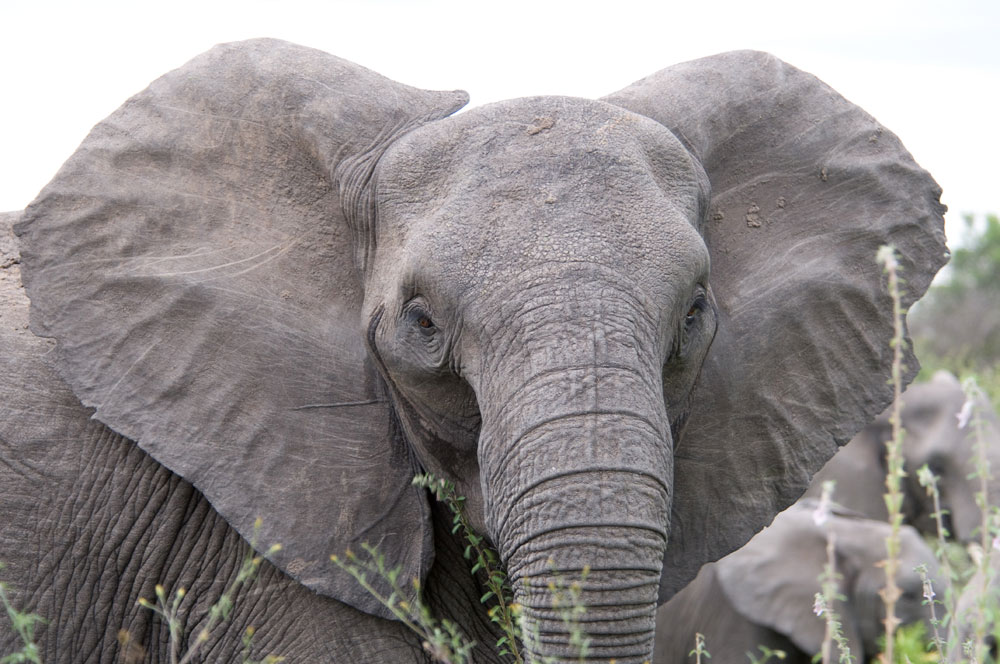ELEPHANT “supergrans” are key to a herd’s survival – according to Scots scientists.
A team of researchers at the University of Stirling have revealed that young elephant mothers are trumped by older, more experienced females.
The study, which has taken place over the last 40 years, looked at more than 3,000 elephants in Kenya’s Amboseli National Park.

And they discovered that the presence of older mothers and grannies increases the number of calves born – and even extends the lifespan of all animals in the family group.
The team also found that female elephants do not experience menopause, and can reproduce well into old age and often until death.
Lead researcher Phyllis Lee said: “Elephant reproduction is a function of having a long-lived mother within a successful family context, where females support each other and care for calves as a group.
“We found old mothers have a strong effect on the reproduction of the daughters and granddaughters in their family.
“Having an experienced mother – one who knows how to respond to their calf’s demands and how to keep them close by – makes a huge difference in whether a baby elephant survives.
“Having a grandma adds extra help.”
She continued: “Daughters of long-lived mothers lived longer themselves and had higher reproductive rates.
“In some large families, three generations of mother-daughter pairs reproduced simultaneously.”
Elephants live in herds of up to 20 animals, made up of females and their offspring who are all related.
The animals have a similar lifecycle to humans, reaching breeding age at around 14 years old and living to around 70.
They usually give birth every four to five years, and matriarchs pass on knowledge to younger females about foraging grounds and dangers.

